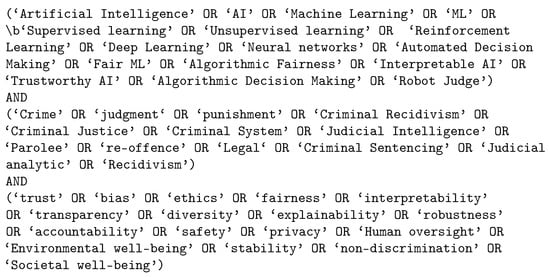Artificial Intelligence (AI) can be very beneficial in the criminal justice system for predicting the risk of recidivism. AI provides unrivalled high computing power, speed, and accuracy; all harnessed to strengthen the efficiency in predicting convicted individuals who may be on the verge of recommitting a crime. The application of AI models for predicting recidivism has brought positive effects by minimizing the possible re-occurrence of crime. However, the question remains of whether criminal justice system stakeholders can trust AI systems regarding fairness, transparency, privacy and data protection, consistency, societal well-being, and accountability when predicting convicted individuals’ possible risk of recidivism. These are all requirements for a trustworthy AI. This paper conducted a systematic literature review examining trust and the different requirements for trustworthy AI applied to predicting the risks of recidivism. Based on this review, we identified current challenges and future directions regarding applying AI models to predict the risk of recidivism. In addition, this paper provides a comprehensive framework of trustworthy AI for predicting the risk of recidivism.

Text Communication Software For Churches - Text in Church

Information, Free Full-Text

Information, Free Full-Text, código de reset status no block city
Our Informational Text lesson plan teaches students about non-fiction text and its features. Students learn how to interpret and comprehend

Informational Text
IGI Global's Latest Open Access Journal Articles - IGI Global

Domain Knowledge (Data Science) - Overview, Case Study, data science
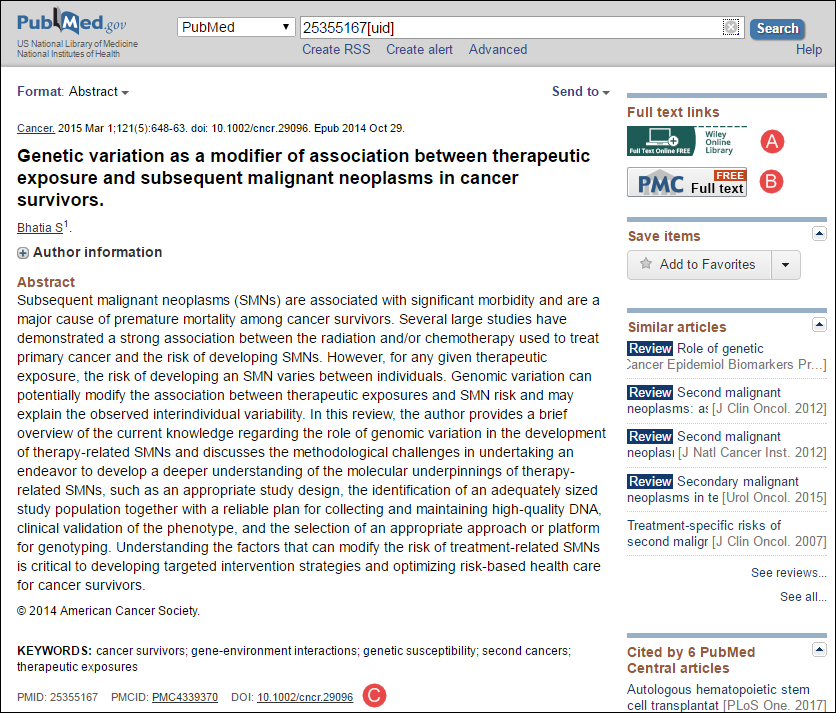
Institutional Repository LinkOut: A New Full Text Access Feature in PubMed. NLM Technical Bulletin. 2017 Mar–Apr
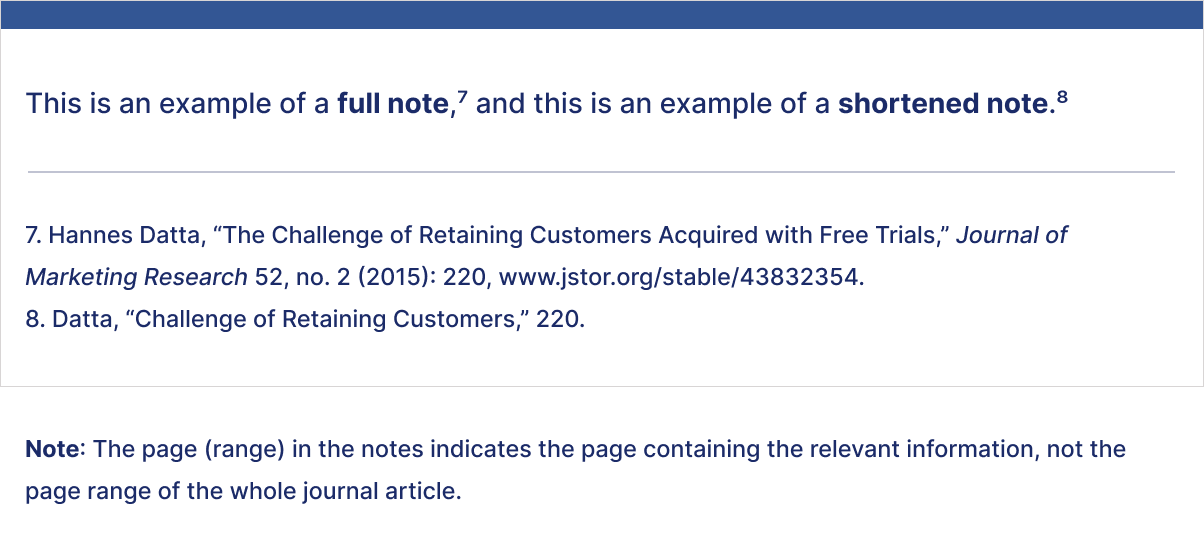
Chicago In-text Citations Styles, Format & Examples
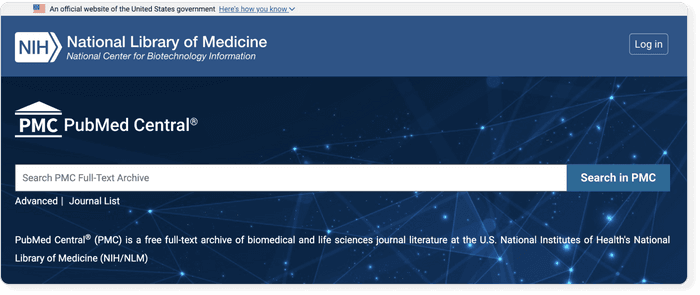
The best research databases for healthcare and medicine [Update 2024] - Paperpile

PubMed & PubMed Central - Library Toolkit for Professional Support Staff - LibGuides at University of Arizona
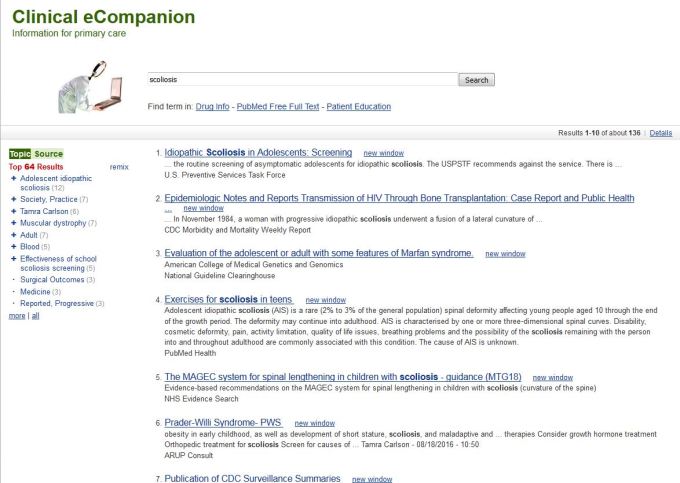
Clinical eCompanion – Himmelfarb Library News











